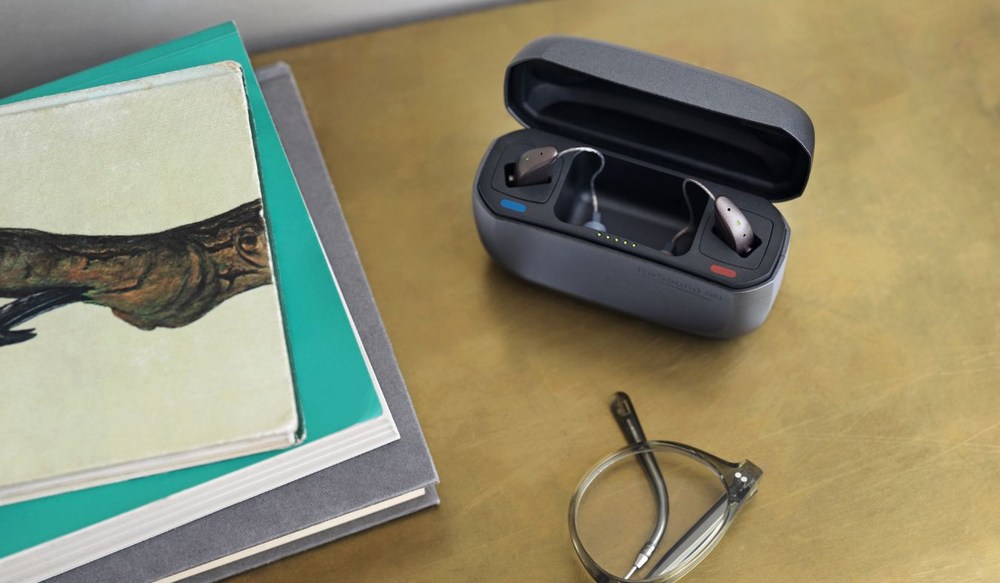Tips for Managing Hearing Aids During Spring Sports
Spring pulls us outdoors for gardening, hiking, biking and countless other


Spring pulls us outdoors for gardening, hiking, biking and countless other

As we age, staying connected with the people and activities in our lives

Your hearing aids help you stay connected to the world around you –